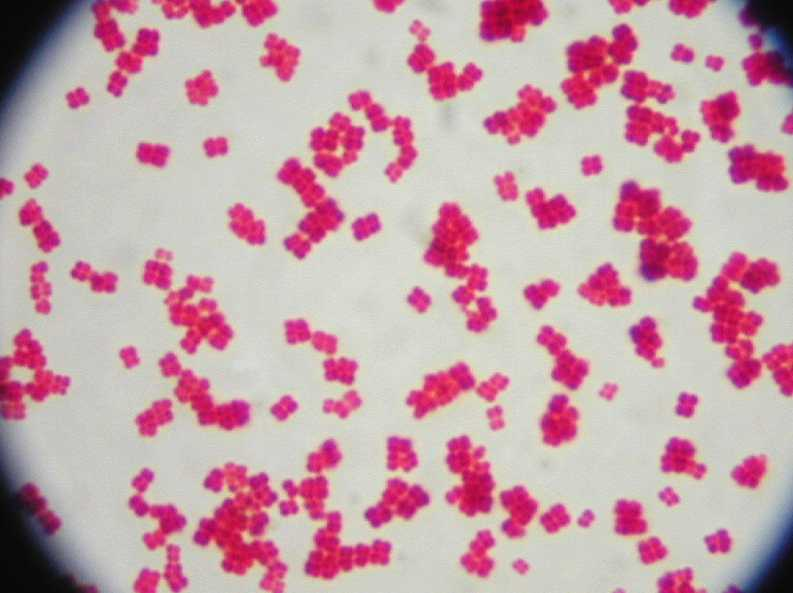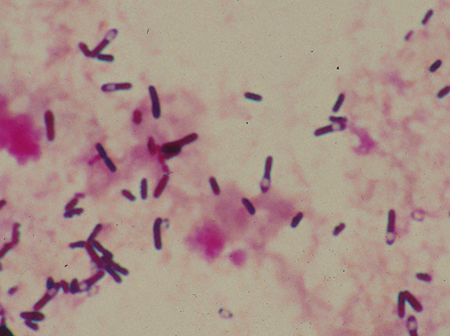

Metallo-beta-lactamases (MBLs) are carbapenems hydrolyzing enzymes inhibited by metal chelating agents like EDTA. They are inhibited in vitro by clavulanate”. “extended-spectrum beta-lactamases (ESBLs) may be defined as plasmid-mediated enzymes that hydrolyze oxyimino-cephalosporins (ceftriaxone, cefotaxime, and ceftazidime) and monobactams (aztreonam) but not cephamycins or carbapenems. Beta-lactams were wonder drugs until the dissemination of beta-lactamases (ESBL and MBL) producing strains were detected. Gram-negative bacilli, most commonly Escherichia coli, Klebsiella pneumoniae, Pseudomonas aeruginosa, and Acinetobacter baumannii are responsible for causing various pathological diseases like UTIs, septicemia, pneumonia, nosocomial infections, opportunistic infections etc. Most of the biofilm and MBL producing strains were multi-drug resistant. The association between MBL production and biofilm formation was statistically significant (χ 2 = 10.20, P value= 0.002) whereas it was insignificant between ESBL and biofilm production (χ 2 = 0.006, P-value= 0.937). 84 (26.75%) and 51 (16.24%) were confirmed as ESBL and MBL producers respectively. Overall, 197 (62.73%) of isolates were biofilm positive. ResultsĪmong 314 isolates, Escherichia coli (38%) were the predominant isolates followed by Acinetobacter spp. This study was carried out with an intention to detect the biofilm formation by gram-negative bacilli and determine their antibiogram along with the detection of extended-spectrum beta-lactamases (ESBLs) and metallo-beta-lactamases (MBLs) production. The recent upsurge of biofilm, as well as beta-lactamases producing strains, have synergistically led to the extensive dissemination of multi-drug resistant gram-negative bacilli.

Gram-negative bacilli are the common causative agents for community-acquired, nosocomial and opportunistic infections.


 0 kommentar(er)
0 kommentar(er)
